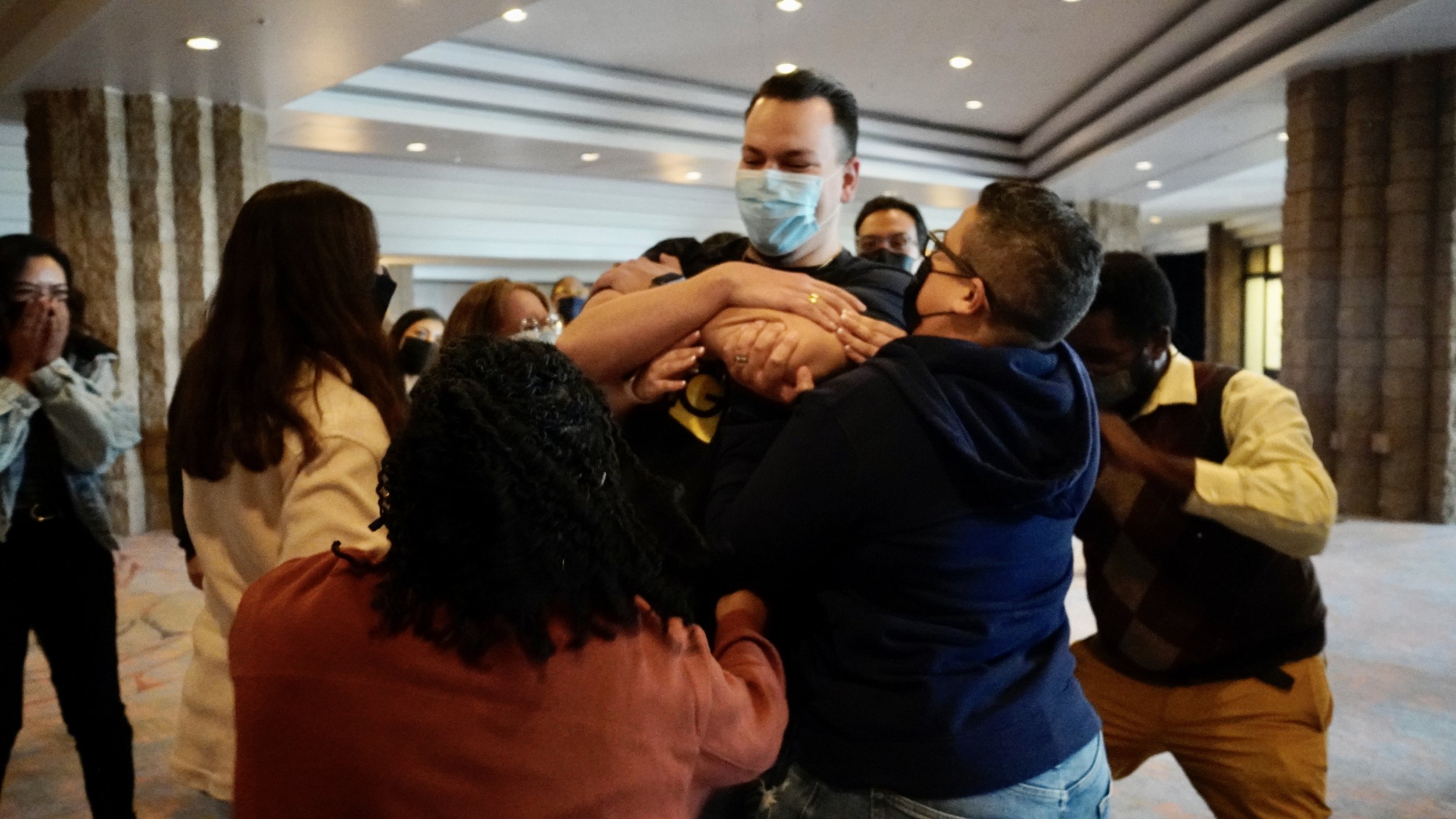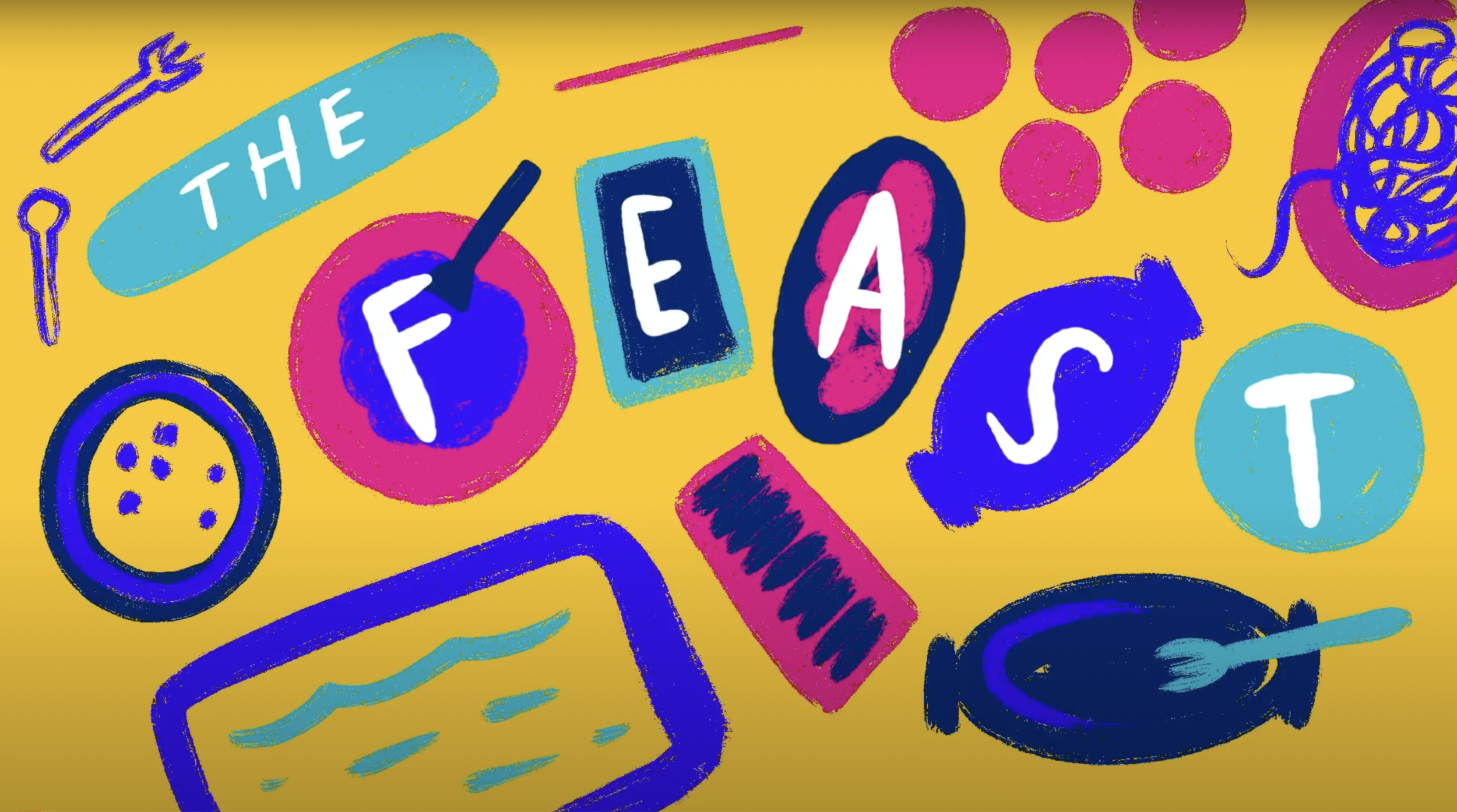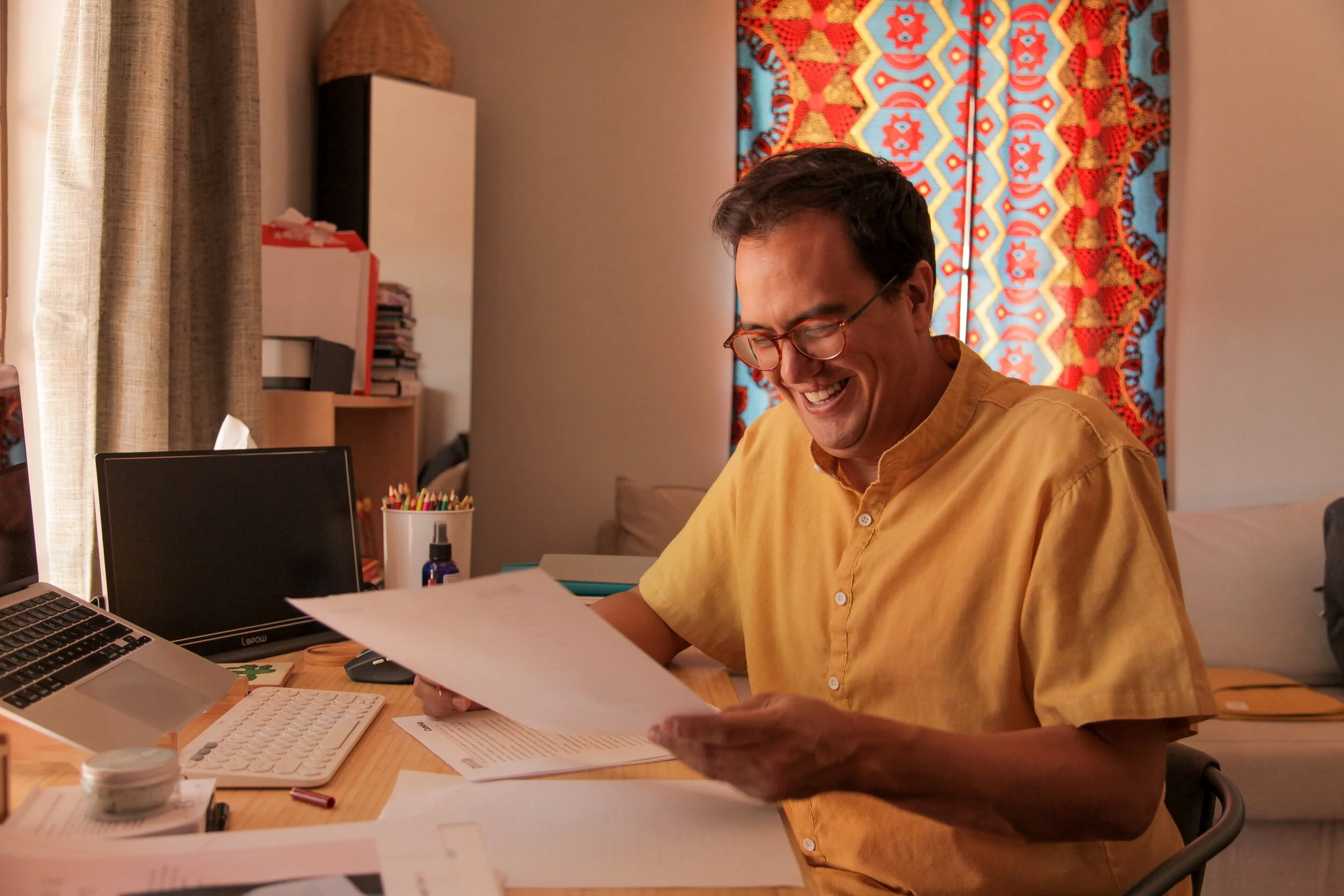
UPLIFTING THE NEXT GENERATION OF MOVEMENT LEADERS.
Look ahead to 2027: Arizona becoming a majority communities of color state
As stated in our vision, in 2027 communities of color will be the majority of the population in the state of Arizona. Three years away from this new reality, we’re in a timely opportunity to contend with power and set our communities on a path where their material conditions begin to change due to increased power. The progress made in movement building due to over a decade of organizing is apparent, and concurrently, there is a need to strengthen and evolve our capacity to one that moves Arizona from defense to a new phase of power building that includes co-governing and implementation of policy. It is imperative that we adapt and meet the moment to truly move the needle for Arizona communities most impacted by social inequities.
Through acceleration, we will meet the moment by continuing to work closely with the civic sector in Arizona while simultaneously engaging adjacent organizations like direct service providers to advance the impact of civic efforts. Through incubation, we will lay the groundwork for the near future by advancing projects that push us closer to our vision of 2027.
1,098
training and learning attendees in 2023.
213
Praxis in Action Online Resource Library subscribers.
136
organizations who participated in trainings and learning opportunities in 2023.
80
graduates of the Monzón & Harvest fellowships programs.
41
training and learning events in 2023.
WE’RE TRAINING THE LEADERS OF ARIZONA.
WE’RE A COMMUNITY HUB FOR THEM TO LEARN, SHARE, AND GET TRAINing.

-
OUR INSPIRATION
We believe that every community has the inherent leadership, capacity, and resources to create its own self-determined solutions. All it takes to build power is facilitate connections and training.
-
OUR MISSION
Instituto's mission is to build sustained power with Arizona communities.
-
OUR VISION
Looking ahead to 2027, communities of color will become the majority of Arizona's population. We envision a state where Arizonans have the power to address the issues that matter the most so they can thrive and live a life of dignity.
OUR APPROACH
We train Arizona leaders and accelerate organizations and communities' power through tailored programs, personalized training, and other resources.
OUR PARTNERS
To ensure our programs reach everyone, we partner with 42+ organizations, ranging from 501c(3) nonprofits, LLCs, funders, unions, and groups doing organizing work outside of these structures. They all focus on a wide array of issues, civic-engagement opportunities, and educational campaigns, and therefore play a key role in building our movement infrastructure at a local, state, national, and global level.
“We’re creating a new reality for community change — building an institution led by those who have fought injustice in the past and are ready to lead in the future.”
— Luis Ávila, FOUNDER
LAND ACKNOWLEDGEMENT.
Instituto was founded on O'odham and Pee Posh Land.
Arizona is home to one of the greatest diversities of Indigenous Cultures in the United States, including the Hohokam- ancient peoples who are direct descendants of the O’odham who existed from 300-1500 AD. The present-day Gila River Indian Community has alternatively named them the 'Huhugam,' or "loved ones who have passed.” The O’odham communities include the Akimel O’odham, Onk Akimel O’odham, Tohono O’odham & the Ak-chin Communities, which now surround the Phoenix, Tucson & metropolitan areas.
This area is the original land of the Ancestral Sonoran Desert People.
We acknowledge this is their land. We encourage everyone to visit the surrounding communities during their social events/activities and get to know the people of this land.
RECOGNIZING THEIR HISTORY AND PRESENT.
The Akimel O'odham, Onk Akimel O'odham, Tohono O'odham & Ak-chin communities have historically occupied south-central Arizona since the mid-1400s. This land was cultivated for centuries and continues to be stewarded today by the O'odham peoples and the Pee Posh, who settled in with the O'odham in the 1840s; these tribes share space and resources to this day. The Akimel O'odham clustered along the banks of the Gila and Salt Rivers, while the Tohono O'odham lived a more nomadic lifestyle in the desert terrain of Arizona in present-day south Phoenix. Recognizing the history of colonialization is important — colonizers forcefully took "Phoenix" from its original landowners, the O'odham, and older tribes.
Today, strategic and determined pursuits of tribal economic activities are expanding; the community's gaming facilities remain the catalyst for economic growth, while other endeavors range from telecommunications to resort and golf facilities, health care, agriculture, and the preservation of their arts, culture, and languages.
Connection to Indigenous Peoples of Palestine
Everything about this moment is about the land; everything about what we're defending is about land and the life that it generates, feeds, nourishes, the memory that it carries, and the lineages that it connects us to. In Palestine, the forceful taking of the land is happening, the genocide of the indigenous people of that land. The struggle for sovereignty and against settler colonialism means healing our relationship with the land and recognizing that we are woven, interconnected, and have the power to take action. Living in the United States, we have immense power and privilege, so we have an immense responsibility to show up daily to change this history in real-time.
Sourced from: National Park Service, Gila River Indian Community, Heard Museum, Indian Health Services, City of Phoenix Office of Arts and Culture, South Phoenix Oral History Project, Layla Feghali & adrienne maree brown.







